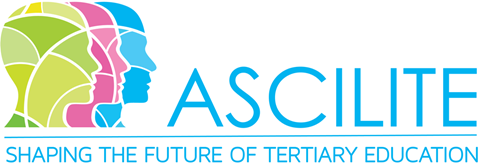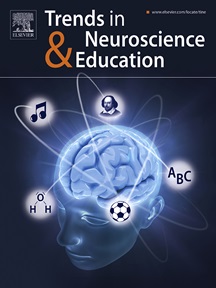Third International Handbook of Lifelong Learning

As lifelong learning continues to evolve with advances in technology and new fields of study, understanding of how the adult brain learns remains a critical piece of the learning puzzle. This chapter would be helpful for professionals and academics interested in solving this conundrum.
It's well known that what an adult goes through can change his or her brain (a process known as neuroplasticity). However, how much does neuroplasticity and learning change as a person ages and has new experiences is still under investigation. This chapter provides a review of the literature on factors that influence neuroplasticity over the adult lifespan. We propose that while cognitive trajectories could play a role in adult learning, they are also modifiable through neurobiological, sociocultural, environmental, and lifestyle factors. We provide suggestions for the application of adult learning programs that can be grounded in a neurobiological framework of how the adult brain adapts, rewires, and acquires new skills over the lifespan. We also present directions for future research, highlighting the importance of a holistic approach in understanding mediators of adult neuroplasticity and learning.
Chapter on “Neuroplasticity and Adult Learning” :
https://link.springer.com/referenceworkentry/10.1007/978-3-031-19592-1_43














/enri-thumbnails/careeropportunities1f0caf1c-a12d-479c-be7c-3c04e085c617.tmb-mega-menu.jpg?Culture=en&sfvrsn=d7261e3b_1)

/cradle-thumbnails/research-capabilities1516d0ba63aa44f0b4ee77a8c05263b2.tmb-mega-menu.jpg?Culture=en&sfvrsn=1bc94f8_1)






